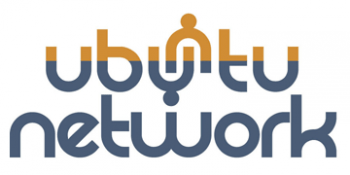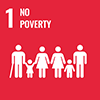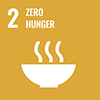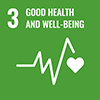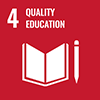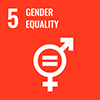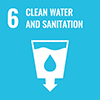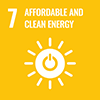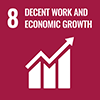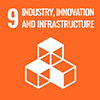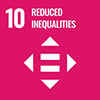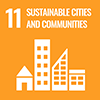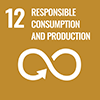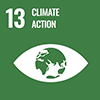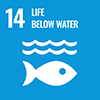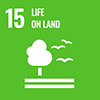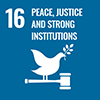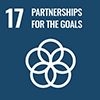Ubuntu Network
BACKGROUND
The Ubuntu network is a network of teacher educators from Higher Education Institutions, NGO representatives and partner organisations who are committed to education for social justice, equality, and sustainability. The network supports the integration of Development Education (DE) into post primary Initial Teacher Education (ITE) in Ireland. Through Development Education, the Ubuntu Network contributes to building a world based on respect for human dignity and rights and is informed by values of justice, equality, inclusion, sustainability, and social responsibility.
The Ubuntu Network supports teacher educators to embed into their work a living understanding of and commitment to education for global citizenship, sustainable development, and social justice, so that student-teachers at post-primary level can integrate into their teaching, and into the schools where they work, perspectives that encourage active engagement to build a more just world. It’s 6 strategic areas include:
- Delivery – Provision of Development Education in post primary ITE
- Research – Research on Development Education in the context of ITE
- Solidarity – Maintaining a central supporting structure for all educators involved in Development Education in post primary ITE
- Curriculum – Advocating for curriculum change to reflect Department Education knowledge, skills and attitudes
- Policy – Influence national policy to reflect Department Education
- Capacity Building – Capacity Building of teacher educators to engage with Development Education
The network current has about 20 higher education institution members.
CURRENT PROJECTS
Dialogue Days: The Ubuntu Network organises regular conferences (Dialogue Days), which are open to all members and non-members, and draw on the experience of Ubuntu projects.
Development Education Resources: The Ubuntu network compiles a wide range of resources including subject specific resources that can be used to explore development issues in teaching. These range from YouTube video clips to customised teaching packs.
- Sectors:
- Post Primary
- Higher Education
